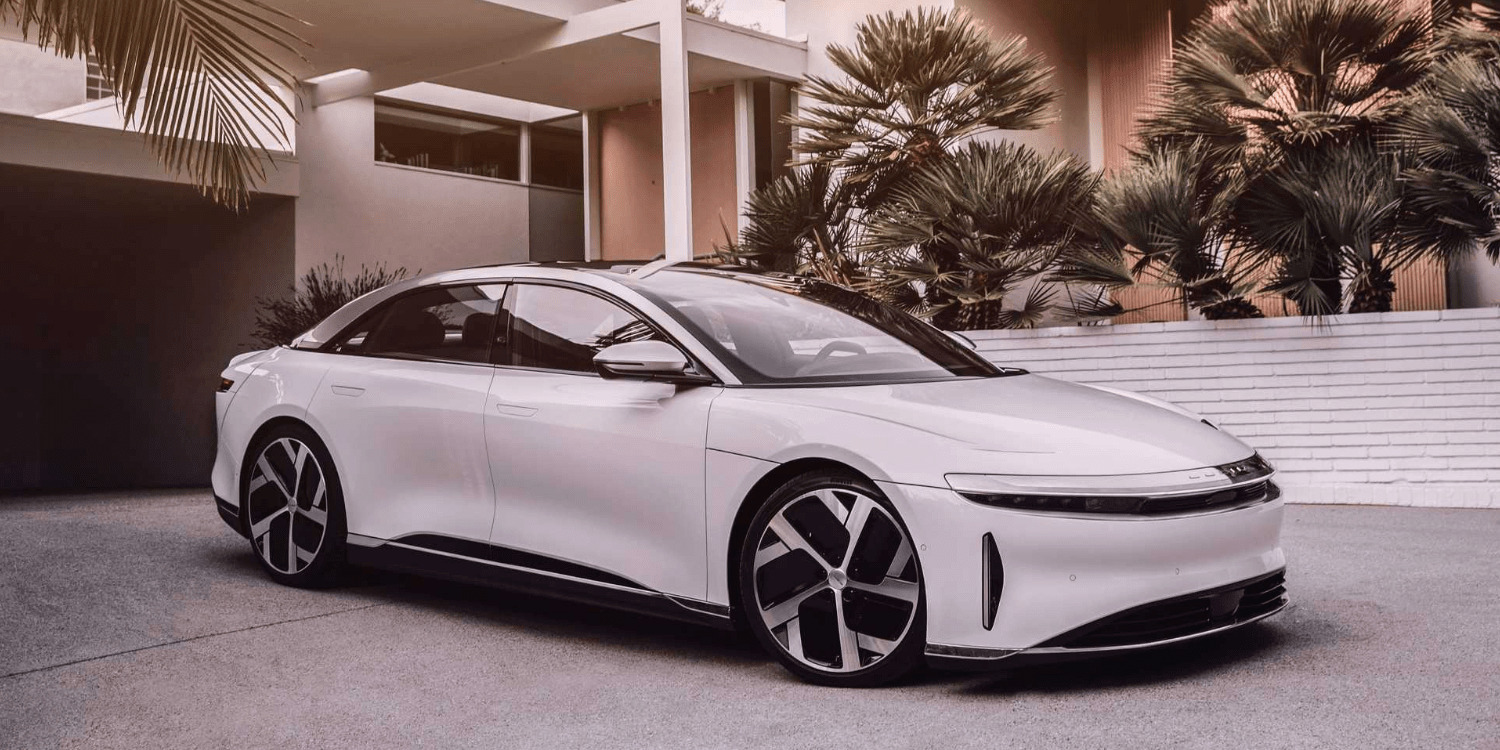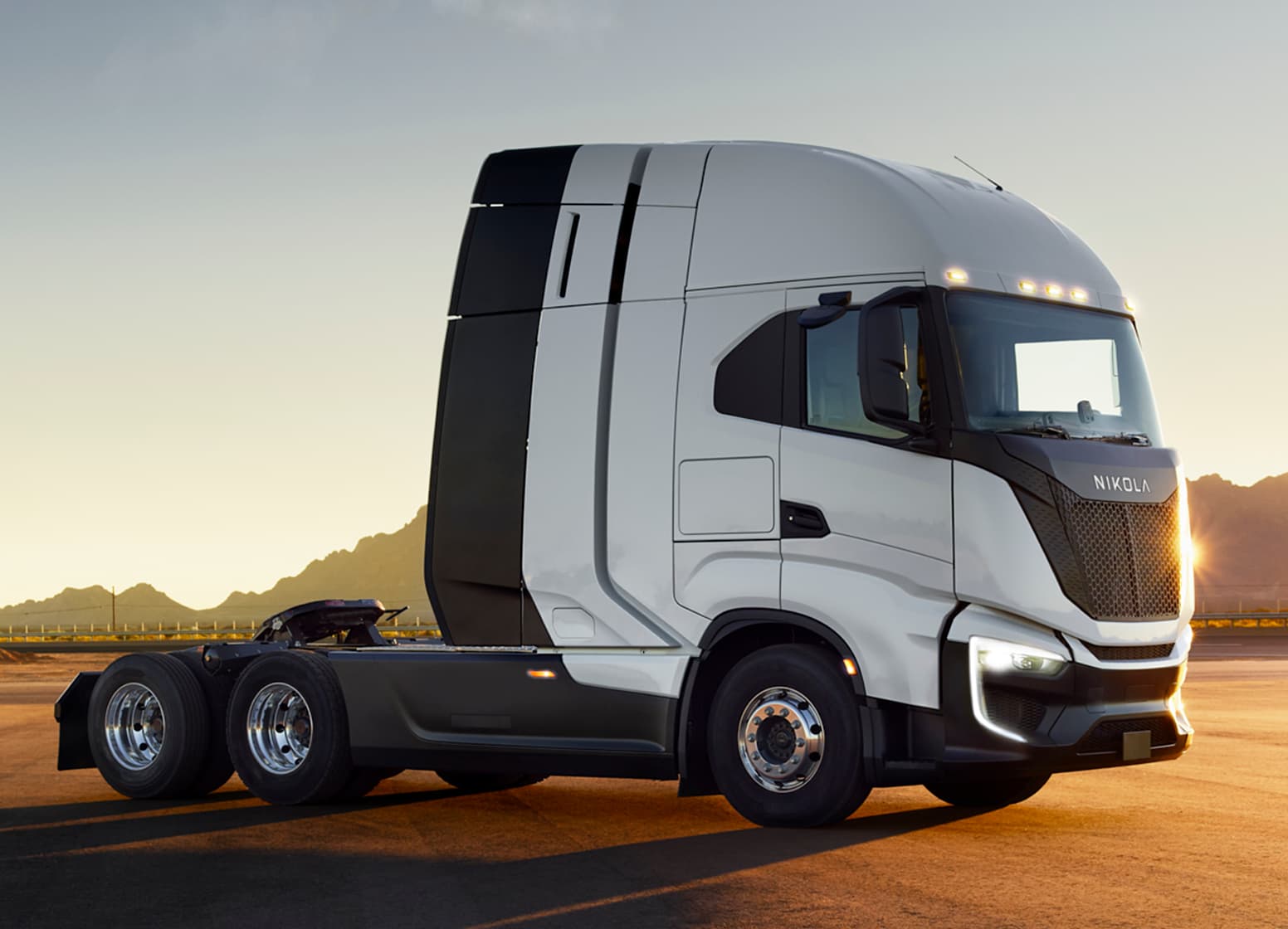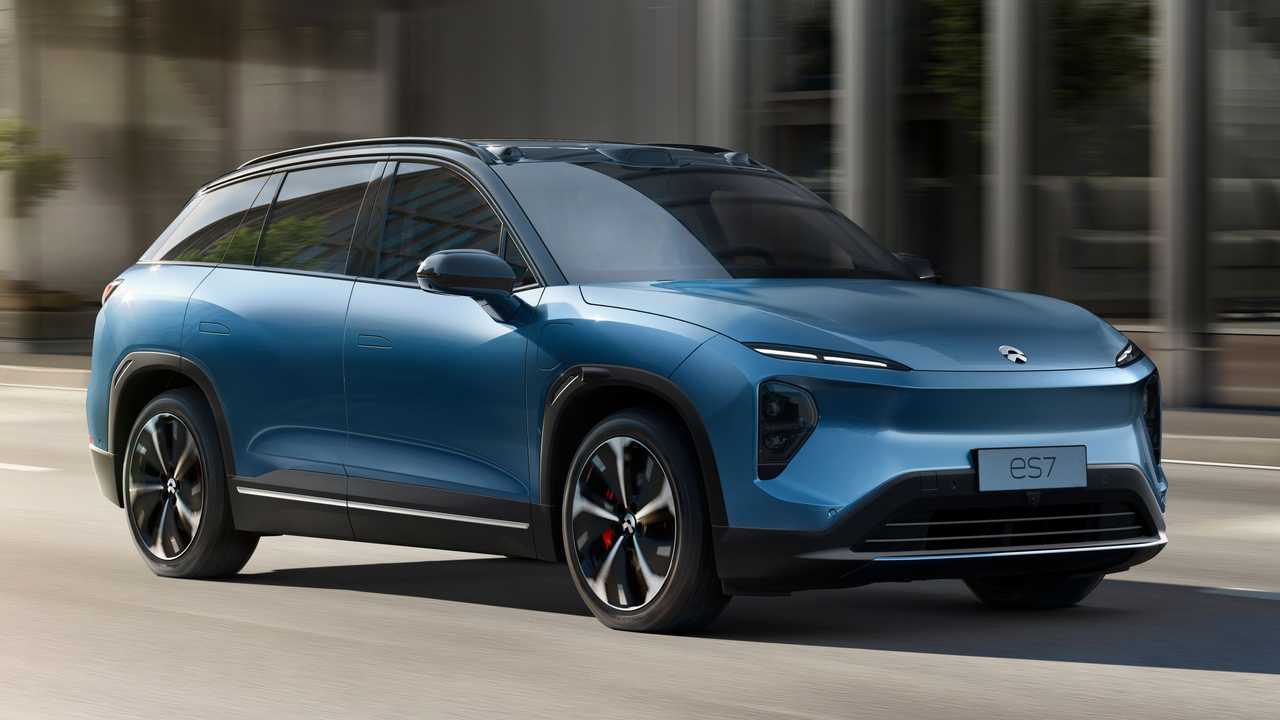Three EV automaker stocks to handle with caution

Warren Buffett recently said it's impossible to predict the ultimate winner of the EV market, suggesting it may or may not be Tesla.
Competition, Buffett said at Berkshire Hathaway's annual shareholder meeting over the weekend, is getting so tough and the market is so fickle that Tesla could be following a page in Ford's history book, noting that "Henry Ford seemed to have the world with the Model T…and 20 years later [Ford] was losing money.”
While Tesla still sees enthusiastic shareholders, the future of this industry is unclear, at best. It is a competitive playing field that is changing by the day, and the competition is fierce. We recall that in the early years of the twentieth century the newborn auto sector was hit by a very deep stock market crisis.
While General Motors (GM) and Ford are still struggling to sell EVs profitably, there has been much speculation that GM could end up outselling Tesla in the long run.
This week, Toyota announced a new EV intended to directly rival a Tesla model. Just last month Toyota formally committed to the electric vehicle segment, announcing the ambitious launch of 10 new electric models by 2026.
For now, Tesla remains the world's largest EV maker by market capitalization, at about $524 billion, followed by Porsche at $114 billion and China's BYD at $102 billion. GM is sixth on the list.
While Tesla is an obvious bet (for now) among investors, and the major auto giants continue to gain significant exposure to EVs, while investors find less risk associated with the production of ICE vehicles, there are some red flags among the top 15 EV manufacturers in the world and the times ahead could get pretty tough.
At this moment, US electric vehicle startups are showing a negative financial situation, because the losses related to the development phase cut the resources available to them, putting their business continuity at risk.
“Any company that loses money with a low valuation is a waste and electric vehicles are no exception. I think it's just slow bleeding. Perhaps they will get lucky and some of their technologies will be bought by larger players,” Thomas Hayes, chairman of hedge fund Great Hill Capital, told Reuters.
Here are the three most risky stocks in the sector to watch out for.
- Lucid Group Inc
 Lucid Motors has been the subject of major investments by the Saudis. So why the alarm? Lucid is up more than 15% year over year, but it's also down nearly 16% in the last month alone. All Saudi money can't fix Lucid's manufacturing problems. While many hedge funds have questioned why the Saudis are continuing to pour money into Lucid despite evidence that things are not going well, Riyadh appears to see this as a long-term foray into the world of electric vehicles. Lucid is the Kingdom's trophy for EVs, not its short- or medium-term moneymaker. Lucid electric vehicles are a symbol of the crown prince's Vision 2030 project, and backing out now would mean defeat. Saudi asset fund PIF holds a 60.46% stake in US firm Lucid, which earlier this week released its first-quarter 2023 results, showing a sharp drop in revenue and trimmed production outlook for this 'year. The Saudi investment in Lucid was worth over $26 billion in 2021 and $17 billion in the middle of last year. It is now worth about $8 billion, according to Reuters calculations. Lucid says it has enough liquidity to get through 2024, but demand is a serious problem. In March, Lucid announced an 18 percent cut in its workforce and lowered its production forecast for this year by "more than 10,000" sedans from 28,000 booked in its fourth-quarter earnings report. The month of January was particularly dismal, with Lucid reporting that it produced just 2,314 Air sedans.
Lucid Motors has been the subject of major investments by the Saudis. So why the alarm? Lucid is up more than 15% year over year, but it's also down nearly 16% in the last month alone. All Saudi money can't fix Lucid's manufacturing problems. While many hedge funds have questioned why the Saudis are continuing to pour money into Lucid despite evidence that things are not going well, Riyadh appears to see this as a long-term foray into the world of electric vehicles. Lucid is the Kingdom's trophy for EVs, not its short- or medium-term moneymaker. Lucid electric vehicles are a symbol of the crown prince's Vision 2030 project, and backing out now would mean defeat. Saudi asset fund PIF holds a 60.46% stake in US firm Lucid, which earlier this week released its first-quarter 2023 results, showing a sharp drop in revenue and trimmed production outlook for this 'year. The Saudi investment in Lucid was worth over $26 billion in 2021 and $17 billion in the middle of last year. It is now worth about $8 billion, according to Reuters calculations. Lucid says it has enough liquidity to get through 2024, but demand is a serious problem. In March, Lucid announced an 18 percent cut in its workforce and lowered its production forecast for this year by "more than 10,000" sedans from 28,000 booked in its fourth-quarter earnings report. The month of January was particularly dismal, with Lucid reporting that it produced just 2,314 Air sedans. - Nicholas
 Heavy electric vehicle maker Nikola is down more than 68% year on year, and the earnings season has been a catastrophe that has seen higher-than-expected quarterly losses. Even worse, Nikola said it would halt production due to lagging demand and want to use this time to streamline its Arizona assembly line. “At the end of May, we plan to suspend truck production to convert the assembly line to accommodate both hydrogen fuel cell trucks and battery electric trucks on the same line, and we will resume production in July with the first trucks. to salable hydrogen fuel cells,” said Nikola, which is now building only to order in an effort to cut costs. Stock sales and dilution could be part of its near future, which has sent the stock tumbling another 16% this week.
Heavy electric vehicle maker Nikola is down more than 68% year on year, and the earnings season has been a catastrophe that has seen higher-than-expected quarterly losses. Even worse, Nikola said it would halt production due to lagging demand and want to use this time to streamline its Arizona assembly line. “At the end of May, we plan to suspend truck production to convert the assembly line to accommodate both hydrogen fuel cell trucks and battery electric trucks on the same line, and we will resume production in July with the first trucks. to salable hydrogen fuel cells,” said Nikola, which is now building only to order in an effort to cut costs. Stock sales and dilution could be part of its near future, which has sent the stock tumbling another 16% this week. - NIO Inc.
 Of the three EV stocks, China-based NIO is probably the least risky stock, but still it was a very bearish week nonetheless. NIO's earnings won't be released until June 9, so it's a stock to watch closely, with investors hoping it doesn't suffer from a tailwind from other EV makers. Overall, April was a pretty bad month for NIO. The stock is down 14% year-over-year and 13% in the past month, but it could now be priced much more attractively to investors. NIO impressed investors in December by delivering a record number of EVs, but deliveries have since been delayed. 1Q deliveries are expected to be down sharply. Future guidance will be what investors grab hold of at the earnings press conference.
Of the three EV stocks, China-based NIO is probably the least risky stock, but still it was a very bearish week nonetheless. NIO's earnings won't be released until June 9, so it's a stock to watch closely, with investors hoping it doesn't suffer from a tailwind from other EV makers. Overall, April was a pretty bad month for NIO. The stock is down 14% year-over-year and 13% in the past month, but it could now be priced much more attractively to investors. NIO impressed investors in December by delivering a record number of EVs, but deliveries have since been delayed. 1Q deliveries are expected to be down sharply. Future guidance will be what investors grab hold of at the earnings press conference.

Thanks to our Telegram channel you can stay updated on the publication of new articles from Economic Scenarios.
The article Three EV automaker stocks to handle with caution comes from Scenari Economici .
This is a machine translation of a post published on Scenari Economici at the URL https://scenarieconomici.it/tre-titoli-di-case-automobilistiche-ev-da-maneggiare-con-cautela/ on Fri, 12 May 2023 16:53:12 +0000.
